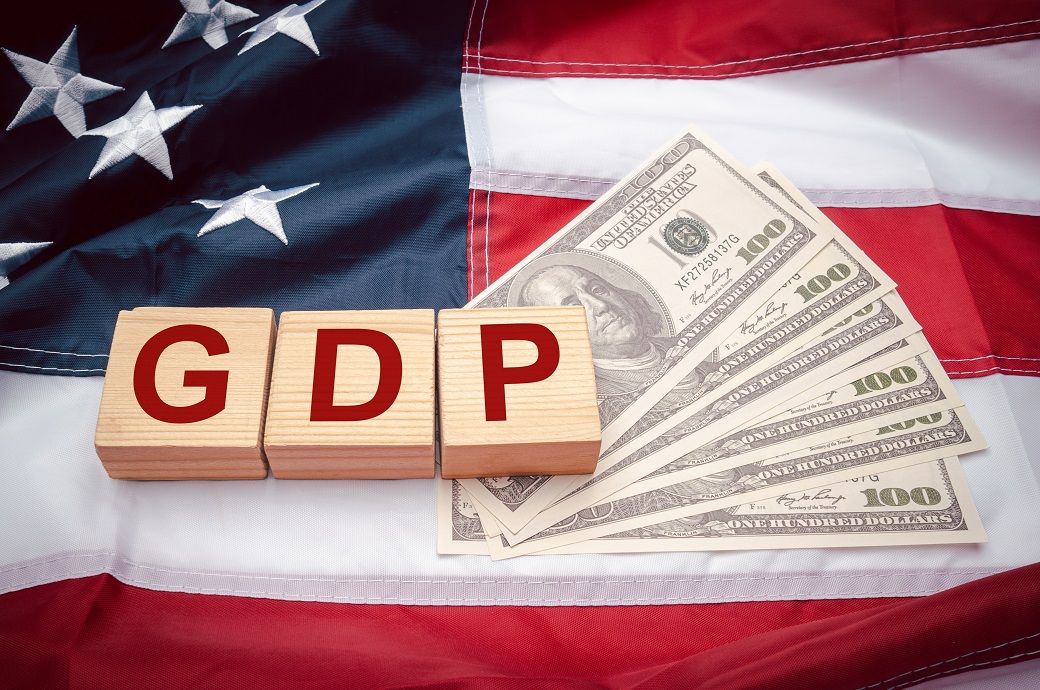
In the second estimate, the increase in real GDP was 2.9 per cent. The increase in real GDP for Q3 reflected increases in various segments including exports and consumer spending. Within exports of goods, the leading contributors to the increase were industrial supplies and materials (notably nondurable goods), ‘other’ exports of goods, and non-automotive capital goods; imports decreased, the BEA said in a media release.
Within private inventory investment, the decrease was led by retail trade (mainly other general merchandise stores). Within imports, the decrease primarily reflected a decrease in imports of goods (notably consumer goods).
Current-dollar GDP increased 7.7 per cent at an annual rate, or $475.5 billion, in Q3 to a level of $25.72 trillion, an upward revision of $25.0 billion from the previous estimate.
The price index for gross domestic purchases increased 4.8 per cent in Q3, an upward revision of 0.1 percentage point from the previous estimate. The Personal Consumption Expenditure (PCE) price index increased 4.3 per cent, unchanged from the prior estimate.
Real gross domestic income (GDI) increased 0.8 per cent in Q3, an upward revision of 0.5 percentage point from the previous estimate. The average of real GDP and real GDI, a supplemental measure of US economic activity that equally weighs GDP and GDI, increased 2.0 per cent in Q3, an upward revision of 0.4 percentage points.
Fibre2Fashion News Desk (NB)